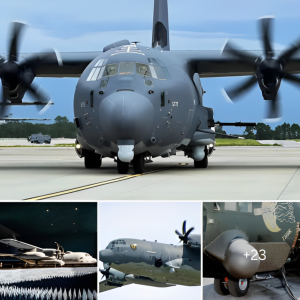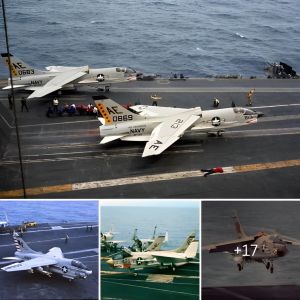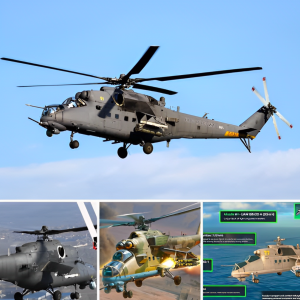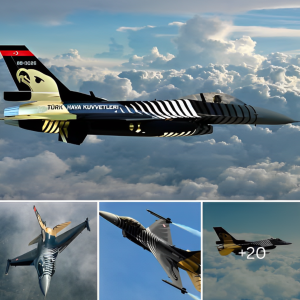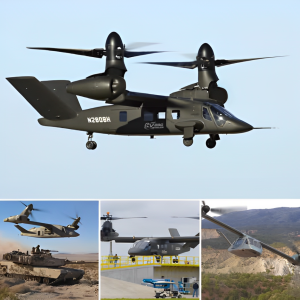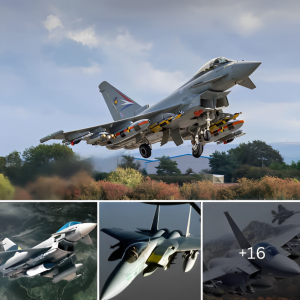The US Naval Sea Systems Command has awarded Leidos a cost-plus-fixed-fee contract to design and construct a medium-size unmanned undersea vehicle.
The unmanned vehicle will support US Navy intelligence preparation through autonomous submarine-based oceanographic sensing and data collection.
Alongside these functions, the vessel will also support surface-launched and recovered mine countermeasures.

The primary development for the vehicles will be performed at Leidos’ facility in Lynnwood, Washington. The deal will amount to approximately $358 million if all options are exercised.
“We look forward to building upon our long-standing relationship with the Navy and supporting their critical national security mission,” said Leidos C4ISR Solutions Senior Vice President Mike Rickels.
L3Harris Technologies will also join Leidos to design and build the vehicle.

“This partnership with the Leidos team provides the Navy with an advanced, agile unmanned undersea vehicle system that leverages our proven Iver technology,” L3Harris Maritime President Rosemary Chapdelaine said.
“The Leidos and L3Harris team successfully recovered AUVs through a submarine torpedo tube and we’re excited to bring this dynamic launch and recovery capability to real-world missions,” she added.
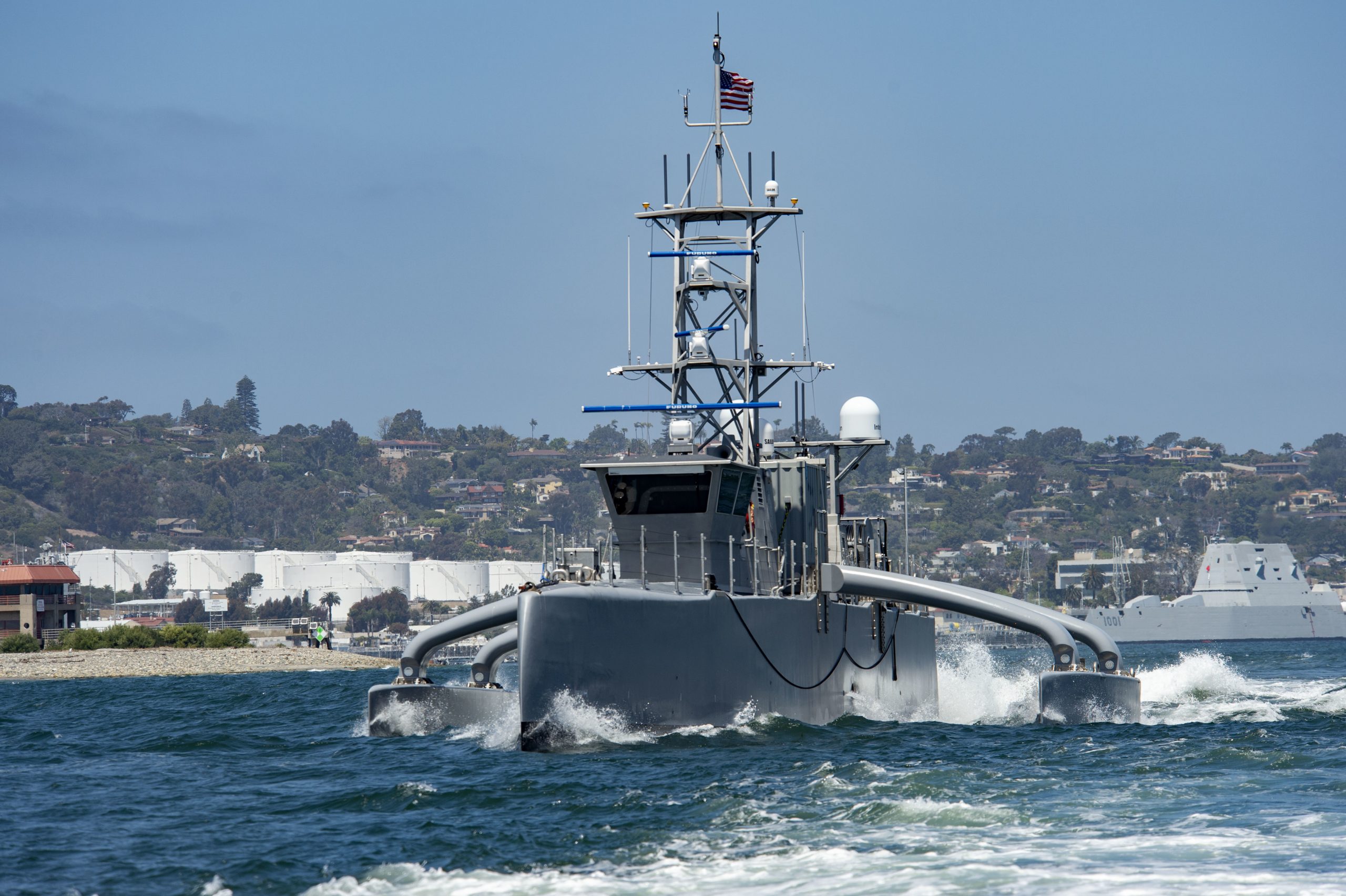
Leidos ‘Seahawk’ in US Navy
In April 2021, the US Navy received a medium-displacement unmanned surface vehicle called the “Seahawk” from Leidos. The unit, delivered under a $35-million contract, is equipped with a trimaran hull to “improve range, seakeeping, and payload capacity” during naval missions.
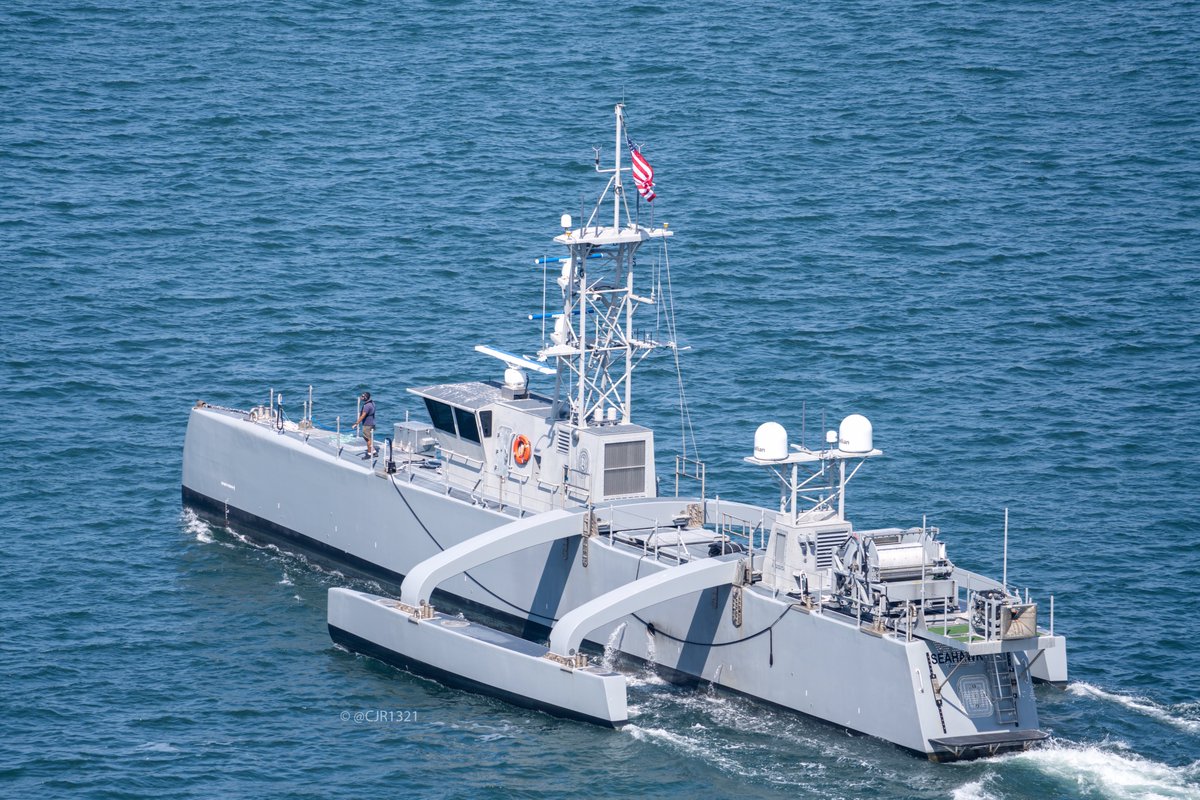
“As technology continues to accelerate and adversaries become more sophisticated, our customers must constantly evolve,” Leidos Vice President and Navy Strategic Account Executive Nevin Carr said.
“Every mechanical and electrical system on Seahawk has unique configurations designed to run for months at a time without maintenance or a crew,” Dan Brintzinghoffer, Leidos Vice President for Maritime Solutions, stated.
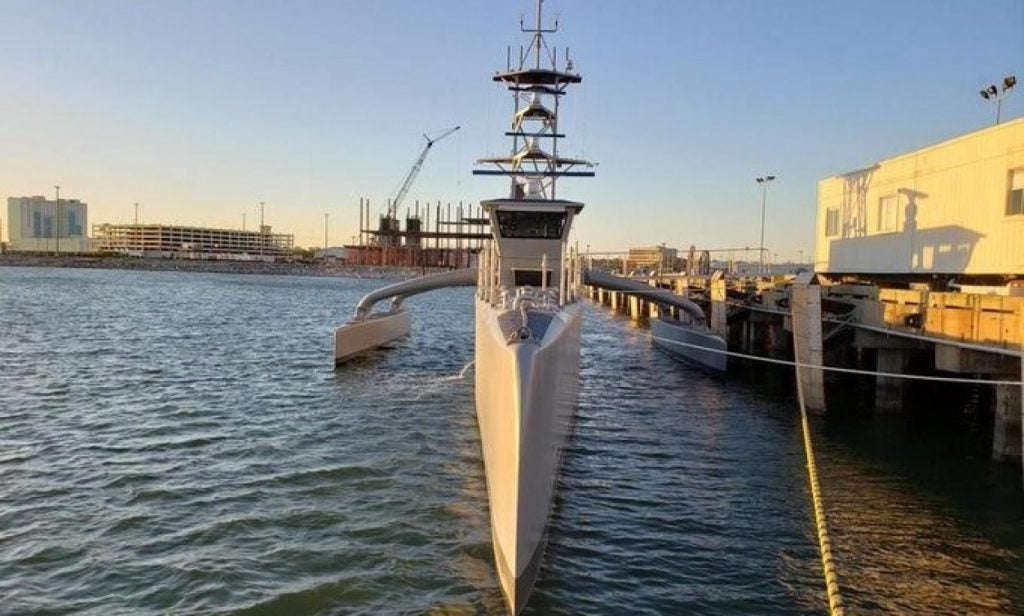 The Seahawk, a cutting-edge vessel worth $35 million, has been delivered to the US Navy and is now bound to join the Surface Development Squadron One in California. Photo: Leidos
The Seahawk, a cutting-edge vessel worth $35 million, has been delivered to the US Navy and is now bound to join the Surface Development Squadron One in California. Photo: Leidos

